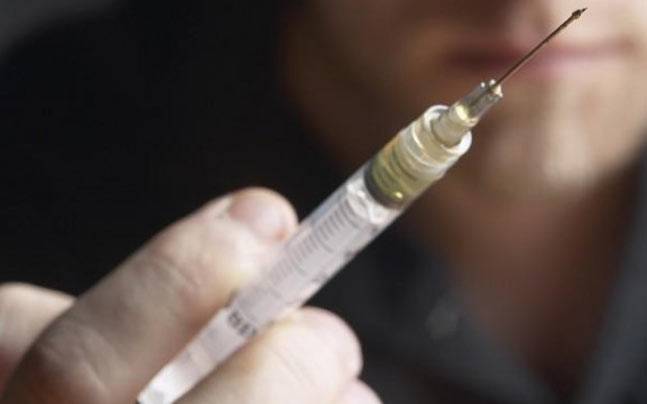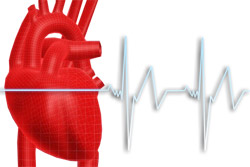
Restoring testosterone in older men to normal level through gels, patches, or injections may lower their risk of heart attack, stroke, or death from any cause, says a large study co-authored by an Indian-origin researcher.
The study also found that men who were treated but did not attain normal levels did not see the same benefits as those whose levels did reach normal.
“It is the first study to demonstrate that significant benefit is observed only if the dose is adequate to normalise the total testosterone levels,” said corresponding author of the study Rajat Barua, assistant professor of medicine at the University of Kansas in the US.
“Patients who failed to achieve the therapeutic range after testosterone replacement therapy did not see a reduction in (heart attack) or stroke and had significantly less benefit on mortality,” Barua noted.
The findings may sway the ongoing debate over testosterone therapy’s benefits and risks, especially for the heart.
So far, the medical community lacks results from any definitive clinical trial that might provide clear guidance.
Meanwhile, the US Food and Drug Administration (FDA) issued guidance earlier in 2015 advising clinicians about the over-use of testosterone therapy, and pointing to a possible increased risk of heart attack and stroke.
The new study looked at data on more than 83,000 men with documented low testosterone, all age 50 or above, who received care between 1999 and 2014.
The researchers divided the men into three clinical groups: those who were treated to the point where their total testosterone levels returned to normal, those who were treated but without reaching normal, and those who were untreated and remained at low levels.
The average follow-up across the groups ranged from 4.6 to 6.2 years. The sharpest contrast emerged between those who were treated and attained normal levels and those whose low testosterone went untreated.
The treated men were 56 percent less likely to die during the follow-up period, 24 per cent less likely to suffer a heart attack, and 36 per cent less likely to have a stroke.
The exact reasons for testosterone’s apparent benefits for the heart and overall survival are not known. Possible explanations, the researchers said, could involve body fat, insulin sensitivity, lipids, blood platelets, inflammation, or other biological pathways.
Source: indiatoday



 In recent months, there has been a great deal of contradictory information regarding testosterone. So much so that it is hard for any man to decipher what level is right, and whether seeking an “optimal” level is the preferred course of action.
In recent months, there has been a great deal of contradictory information regarding testosterone. So much so that it is hard for any man to decipher what level is right, and whether seeking an “optimal” level is the preferred course of action. The Centers for Disease Control and Prevention (CDC) states that around 715,000 Americans suffer a heart attack every year. Now, scientists have created a new imaging technique that could identify which patients are at high risk. This is according to a study published in the The Lancet.
The Centers for Disease Control and Prevention (CDC) states that around 715,000 Americans suffer a heart attack every year. Now, scientists have created a new imaging technique that could identify which patients are at high risk. This is according to a study published in the The Lancet.
